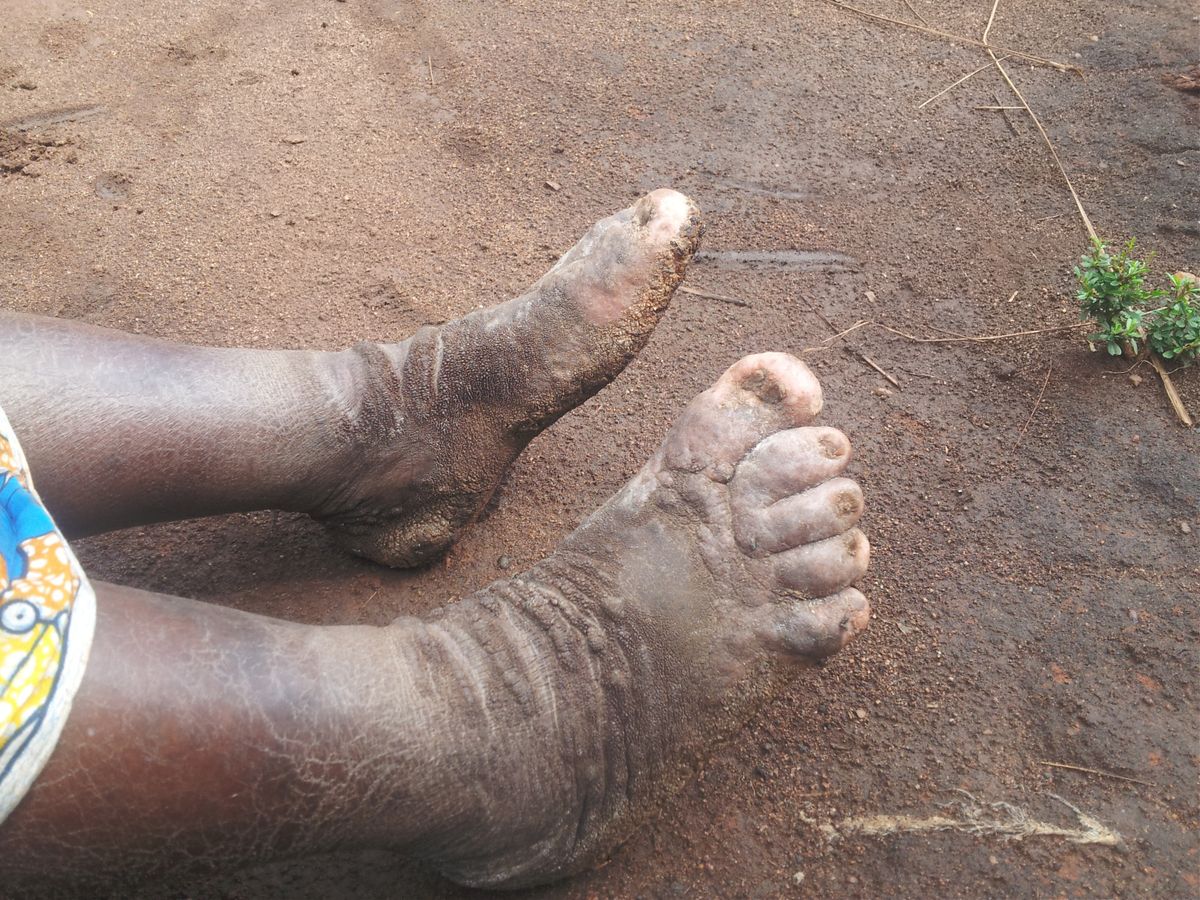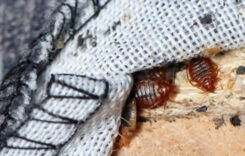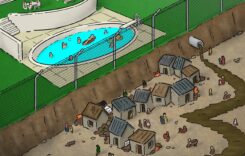Zimbabwe’s Ministry of Health and Child Care (MoHCC) rolled out a National Mass Treatment Campaign in September 2024 to prevent disability, pain and stigma stemming from Elephantiasis (Lymphatic filariasis).
The campaign pioneered the use of the triple therapy approach in which three drugs Ivermectin, Diethyl-carbamazepine, and Albendazole (IDA) will be used to attack the disease across the country. This factsheet outlines facts about Elephantiasis.
What is Elephantiasis?
Elephantiasis scientifically known as Lymphatic Filariasis (LF) is a disease caused by a mosquito-transmitted parasitic worm called filariae. It is a public health problem in Zimbabwe and a cause of disability, pain, sexual disability, abnormal enlargement of body parts, and social stigmatization.
Causes and transmission of Elephantiasis
- Elephantiasis is caused by parasitic worms called filariae.
- Mosquitoes are infected with the worms when they ingest blood from a person with the disease and spread through an infectious bite.
- The worms attack the lymph system in the body causing fluids to build up in the legs, arms, breasts and genitals.
Signs and symptoms of Elephantiasis
- Severe swelling of the legs, arms, breasts and genitals may appear later on in life.
- Most people with Elephantiasis never show symptoms while contributing to the transmission of the parasite.
Treatment of Elephantiasis
- The spread of lymphatic filariasis infection is stopped by a preventive chemotherapy strategy of Mass Drug Administration (MDA) which involves an annual dose of medicines to the entire at-risk population or communities.
- The medicine kills both immature and adult parasitic worms in the body.
- The medication may not help people with severe complications of Elephantiasis
- Healthcare providers may recommend a surgery or therapy to help manage the condition.
Prevention of Elephantiasis
The best way to prevent Elephantiasis is to adopt protective behaviors against mosquito bites such as sleeping under Insecticide Treated Nets (ITN) and accepting the Indoor Residual Spraying (IRS) program for your household.
Districts targeted by government
- Gwanda
- Chiredzi
- Centenary
- Gutu
- Chiredzi
- Mhondoro
- Kariba
Sources
Ministry of Health and Child Care
World Health Organization (WHO)
Related Content
Do you want to use our content? Click Here












